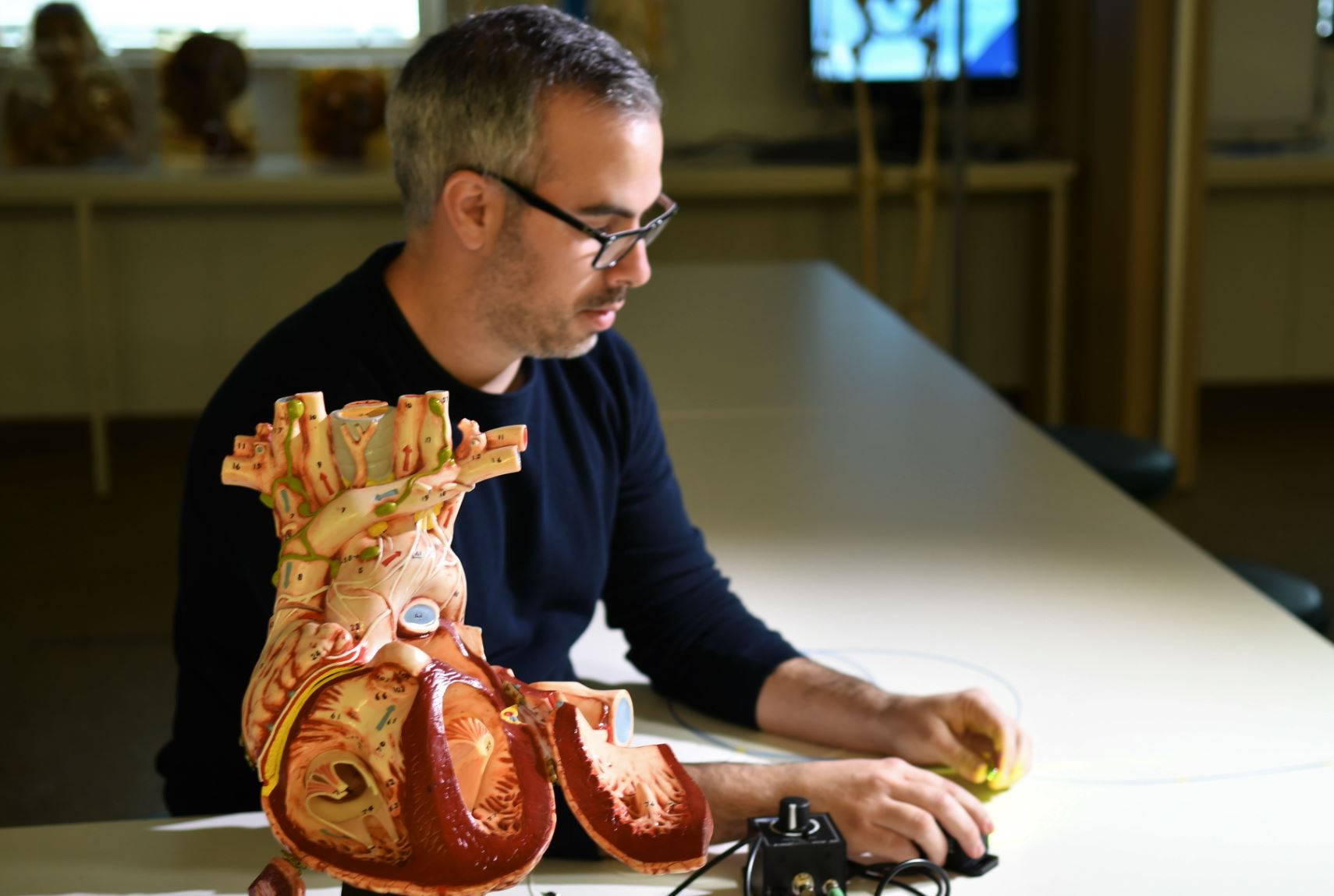Flinders University has begun developing a tiny fibre-optic sensor that has the potential to save lives in not only open heart surgery but for pre-term babies as well.
The new micro-medical device goes against the grain of traditional methods used to monitor blood flow, that is often considered as dangerous. The continuous cardiac flow monitoring probe is described as a safe way to give a real-time measurement of blood flow.
“The minimally invasive device is suitable for neonates right through to adults,” said research leader Strategic Professor John Arkwright, an expert in using fibre-optic technologies in medical diagnostics.
He added that the device has the potential to be a game-changer, particularly for young babies, who are susceptible to sudden drops in blood pressure and oxygen delivery to their vital organs.
Neonatal expert and co-investigator Dr Scott Morris, from the Flinders Medical Centre Neonatal Unit and Flinders University College of Medicine and Public Health supports the latest development.
“This tiny device, which could even be used in pre-term infants, has the potential to be far superior to the intermittent measure of averaged blood flow delivered by traditional methods which generally only show time averaged flow every 30 minutes or so,” he said.
The research team must now determine how the sensor will behave under more physiological conditions and examine different encapsulations to comply with human safety.








